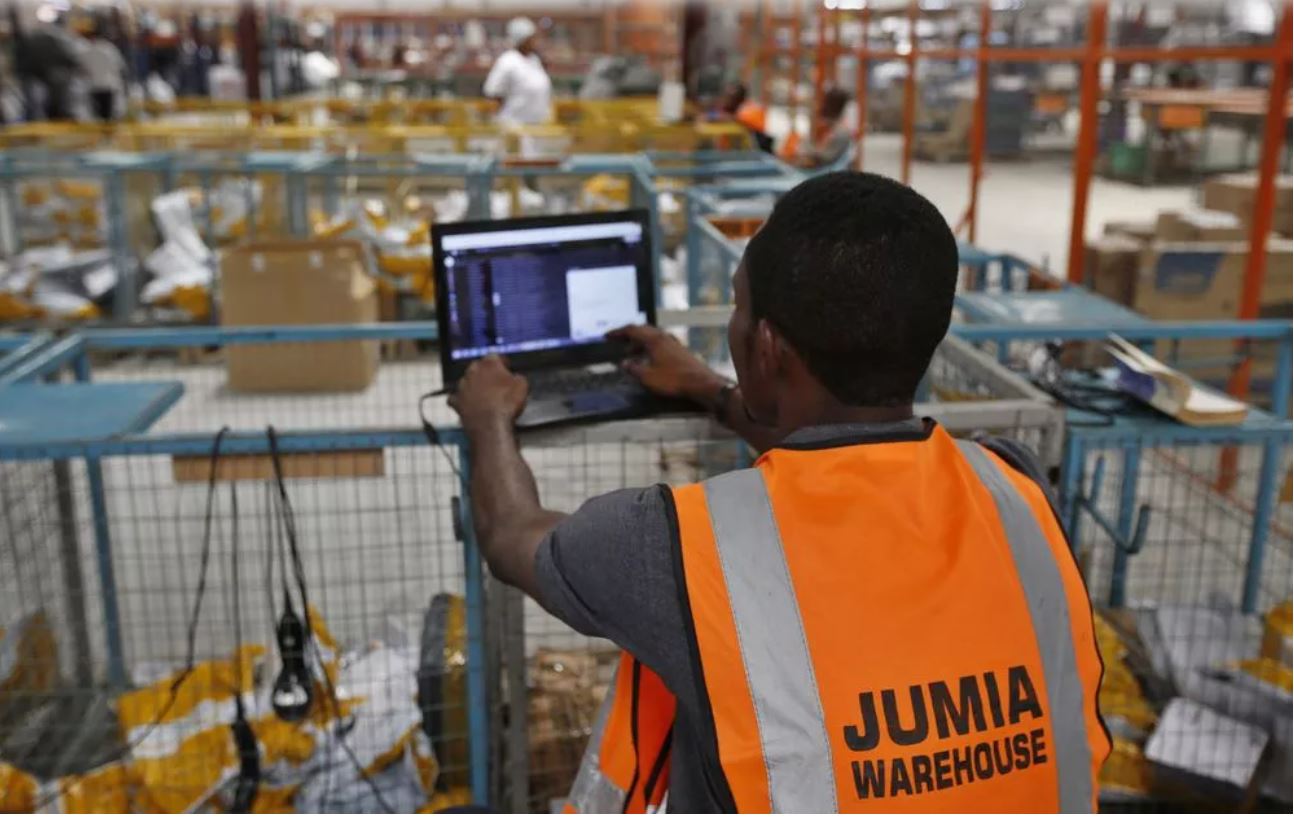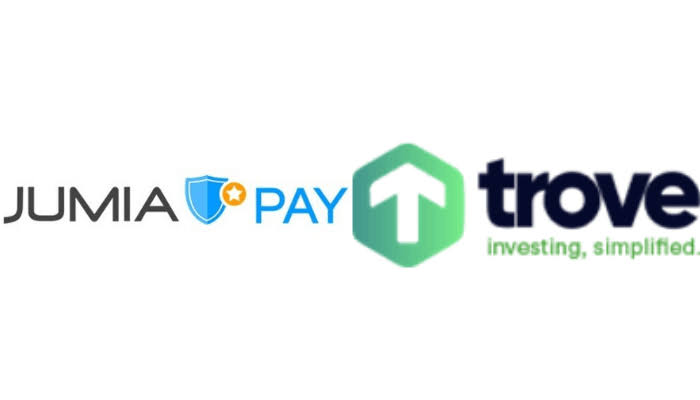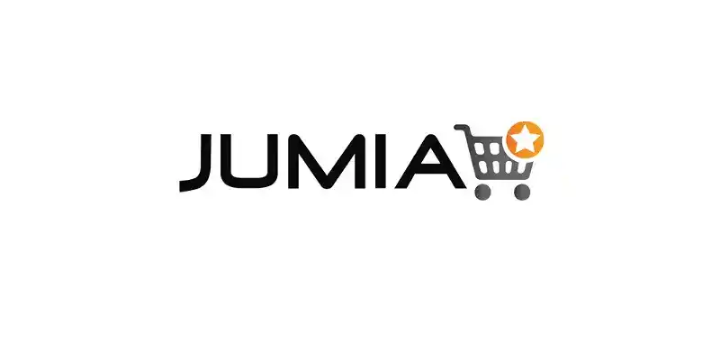To increase profits in the Nigerian market, e-commerce giant Jumia Technologies AG plans to merge all three warehouses into a single 30,000-square-metre facility in Lagos.
Chief Executive Officer Francis Dufay stated in a recent interview that a critical step in Jumia’s pursuit of profitability is the company’s consolidation initiative, driven primarily by a concerted effort to cut costs.
Nigeria, the most populous country on the continent, is the centre of attention here because of the gamble that its macroeconomic situation is temporary. In the medium to long run, Jumia anticipates a turnaround in Nigeria.
As he announced recently, Dufay intends to increase the company’s market presence by expanding its services to more cities across the West African nation of Nigeria. Financials have kept highlighting the problems with Jumia’s profitability story despite the company’s lofty goals.
Read also: Twiga Foods Announces Jumia’s Charles Ballard as New CEO
How Jumia intends to meet up with Nigeria’s economy
The company’s operating loss for the first quarter of the year was $8.33 million, while revenue increased slightly to $48.9 million, a 5.7% increase.
This performance highlights an ugly truth: Jumia’s share price has dropped about 90% from its peak during the e-commerce boom caused by the pandemic.
Despite the economic slump in Nigeria, Jumia is optimistic about the country’s future thanks to government programmes that will hopefully reduce inflation and encourage international investment.
The firm is unwavering in its resolve to consolidate its market presence in the face of persistent obstacles like currency devaluation and infrastructure deficiencies.
Jumia has introduced a buy-now-pay-later financing option to conserve its cash reserves and enhance customer accessibility strategically.
“We are also very reactive in pricing,” confirms Dufay.
Jumia is redoubling its efforts in Nigeria and navigating the complex economic waters. The company’s strategic calculations carefully balance risk and opportunity, demonstrating its determination to find profitability in Africa’s biggest economy.
Read also: Jumia Food abandons Nigeria, other African countries
Other steps Jumia has taken
After shedding some weight in 2023 through layoffs and discontinuing unprofitable businesses, Dufay said Jumia is now a much leaner, more agile, and more focused company to achieve its goals for 2024.
As part of its efforts to streamline operations, Jumia cut the number of managers in Dubai by 60% in Q42022. The company also terminated over 900 positions across 11 markets, affecting 20% of the workforce.
As of December 2023, Jumia Food, the company’s meal delivery service, would no longer operate. According to the company, the operating environment and prevalent macroeconomic circumstances in the seven markets—Nigeria, Kenya, Uganda, Morocco, Tunisia, Algeria, and Ivory Coast—did not suit the company’s food delivery business. Jumia Food will thus be defunct in these markets by the end of the month.
Despite the challenges, Junia seems determined to keep exploring alternatives and striving in the market.









